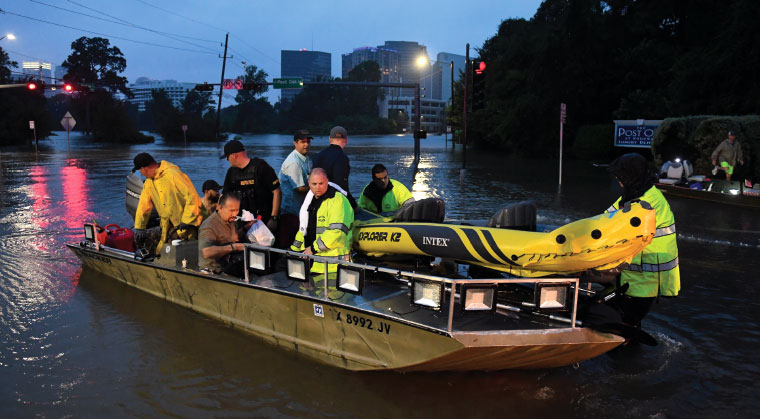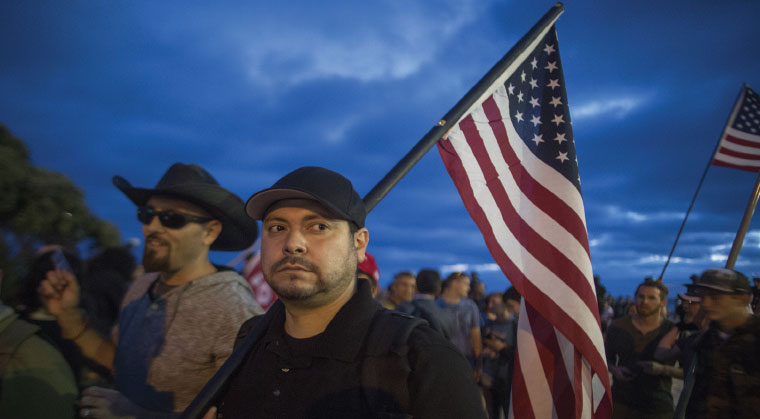Why the Gaza Report Matters


CANDID COMMENTARY State Comptroller Joseph Shapira has a lot to say about what went wrong in Gaza (Photo: Flash90)
I sraelis just wouldn’t be satisfied unless they could roll out of bed in the morning take their daily shot of espresso and turn on the news to hear the day’s political drama. This week was no exception.
State Comptroller Joseph Shapira released his oft-delayed heavily redacted report criticizing both the decision-making process and performance of Israel’s political and military echelons during Operation Protective Edge the 50-day military campaign in Gaza in 2014.
The report was one of Israel’s worst-kept secrets. Once Shapira handed Netanyahu and members of his security cabinet a preliminary draft last March the report sprang leaks pouring forth allegations that Netanyahu and his former defense minister Moshe Yaalon hid the full severity of the threat posed by cross-border tunnels dug by Hamas. The comptroller also leveled charges of serious failures in intelligence operations and procedures that combined to produce a stalemate with the terror group despite Israel’s superior military forces.
Netanyahu initially blasted the draft as politically motivated and marshaled his forces in the days prior to its final release to battle its repercussions.
As political drama the report is a healthy serving of raw meat for the anti-Bibi members of the media to feast on. It’s also a political tool in the hands of Naftali Bennett and Yair Lapid both members of Netanyahu’s security cabinet back then who insisted they were kept in the dark during the operation. The report enables them to vindicate themselves and boost their credentials as Netanyahu’s heir apparent.
Public interest in the state comptroller’s report should focus on two core questions says Maj.-Gen. (res.) Gershon Hacohen a senior research associate at the Begin-Sadat Center for Strategic Studies (BESA) and a former IDF commander with 42 years of active duty.
The first is whether the military campaign was truly necessary to achieve the government’s goal of deterring Hamas from firing missiles into Israel and infiltrating Israeli territory. The second question says Hacohen is more of a demand to explain an affront to national pride: “How did we find ourselves as a nation and a military ill-equipped to deal with the threat posed by Hamas’s grid of terror tunnels?”
That begs the question as to whether the state comptroller is the right address for those inquiries. Hacohen’s colleague at BESA Maj.-Gen. (res.) Yaakov Amidror — a former national security advisor to Netanyahu — says it is not. Amidror says the state comptroller is most effective at fighting political corruption. But when it comes to weighing in on military matters all he can do is determine whether procedures set by law or regulators have been properly followed.
Considering how unpredictable war is how quickly it can spiral out of control and the fact that lives are at stake sometimes procedures must be chucked out the window Amidror argues.

It’s not a Purim costume. Each summer thousands of Gaza Strip youth ages 6 to 16 prepare for the next war with Israel
“Had decision-makers stuck to procedure the Iron Dome defense system would never have become operational in time if at all” Amidror says. “Fortunately for Israel decision-makers preferred their better judgment to procedure despite being lambasted by the comptroller for it. The same can be said for the new security fence on the Israel-Egypt border. The comptroller leveled harsh criticism at the project despite the fact that it was completed under budget and ahead of schedule.”
When it comes to the Operation Protective Edge report Amidror suggests it’s a case of professional overreach. “I’m afraid the state comptroller is trying to teach proper discretion even though he has no advantage over the individuals reviewed other than the benefit of hindsight.”
Hindsight aside and no matter where the political chips may fall Israelis do deserve a straight answer to Hacohen’s second question: Why was the country so ill-equipped to battle Hamas? The Winograd Commission asked the same question after Israel battled Hezbollah to a draw in 2006 during the Second Lebanon War.
To answer such a question the government will have to consider some other questions as well.
In the next battle with Hamas are they ready to root out expel or destroy the leadership of the terrorist state? Are they ready to deal with Hamas’s successor no matter who it is? In the process what’s the strategy for dealing with the international community which will surely accuse Israel of using disproportionate force in any future conflict and which threatens to arrest and prosecute Israelis before the International Criminal Court? And if Israel reconquers Gaza can the state devise a feasible plan to control the territory and its hostile population of 2 million?
It’s easier to pose the questions than answer them but flawed as the state comptroller’s report may be if it ultimately forces the government to address these tough questions it may prove to have been worth the effort.
Oops! We could not locate your form.







